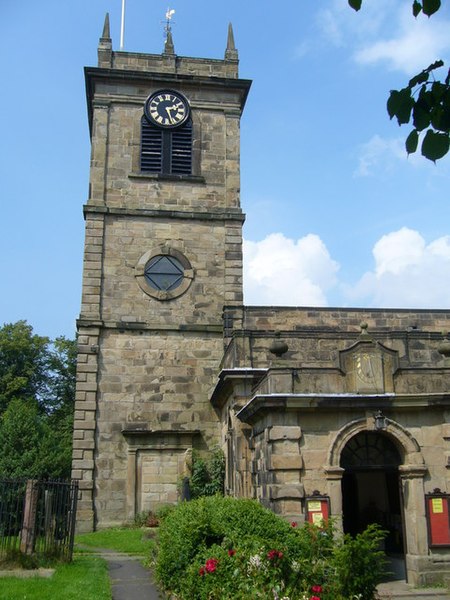The Wakes Week is a holiday period in parts of England and Scotland. Originally a religious celebration or feast, the tradition of the Wakes Week developed into a secular holiday, particularly in North West England during the Industrial Revolution. In Scotland, each city has a "Trades Fortnight"; two weeks in the summer when tradesmen take their holidays.
The promenade, Blackpool in 1898
Charabancs picking up passengers in Bury, Lancashire for a wakes week excursion around 1920
Blackpool Sands August 1895
Rushbearing is an old English ecclesiastical festival in which rushes are collected and carried to be strewn on the floor of the parish church. The tradition dates back to the time when most buildings had earthen floors and rushes were used as a form of renewable floor covering for cleanliness and insulation.
The festival was widespread in Britain from the Middle Ages and well established by the time of Shakespeare, but had fallen into decline by the beginning of the 19th century, as church floors were flagged with stone. The custom was revived later in the 19th century and is kept alive today as an annual event in a number of towns and villages in the north of England.
A rushbearing procession at Long Millgate, Manchester painted by Alexander Wilson, 1821
Uppermill rushbearing 1880
Church of Thomas Becket, Chapel-en-le-Frith
All Saints' Church, Glossop







